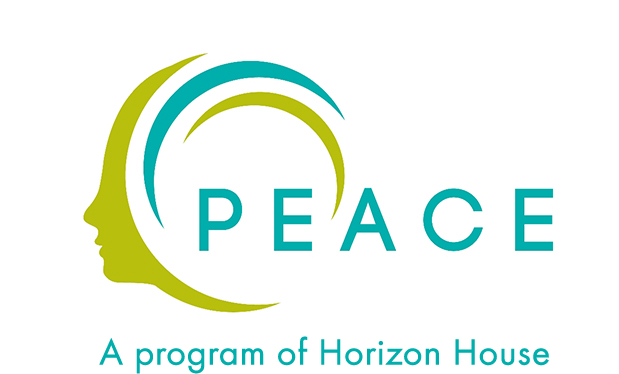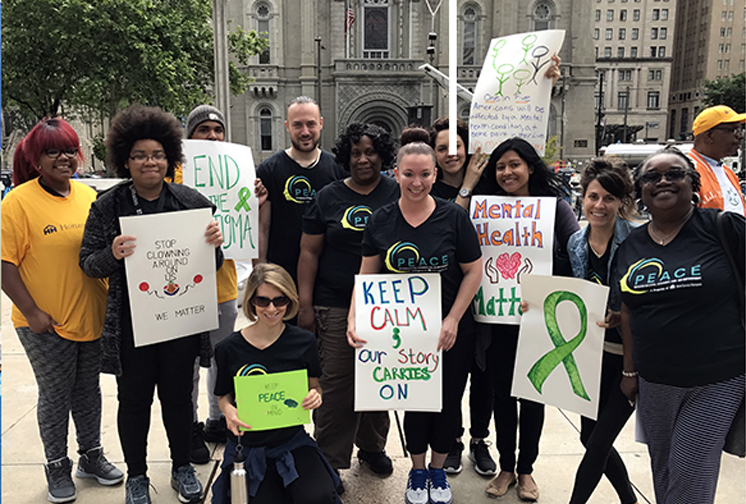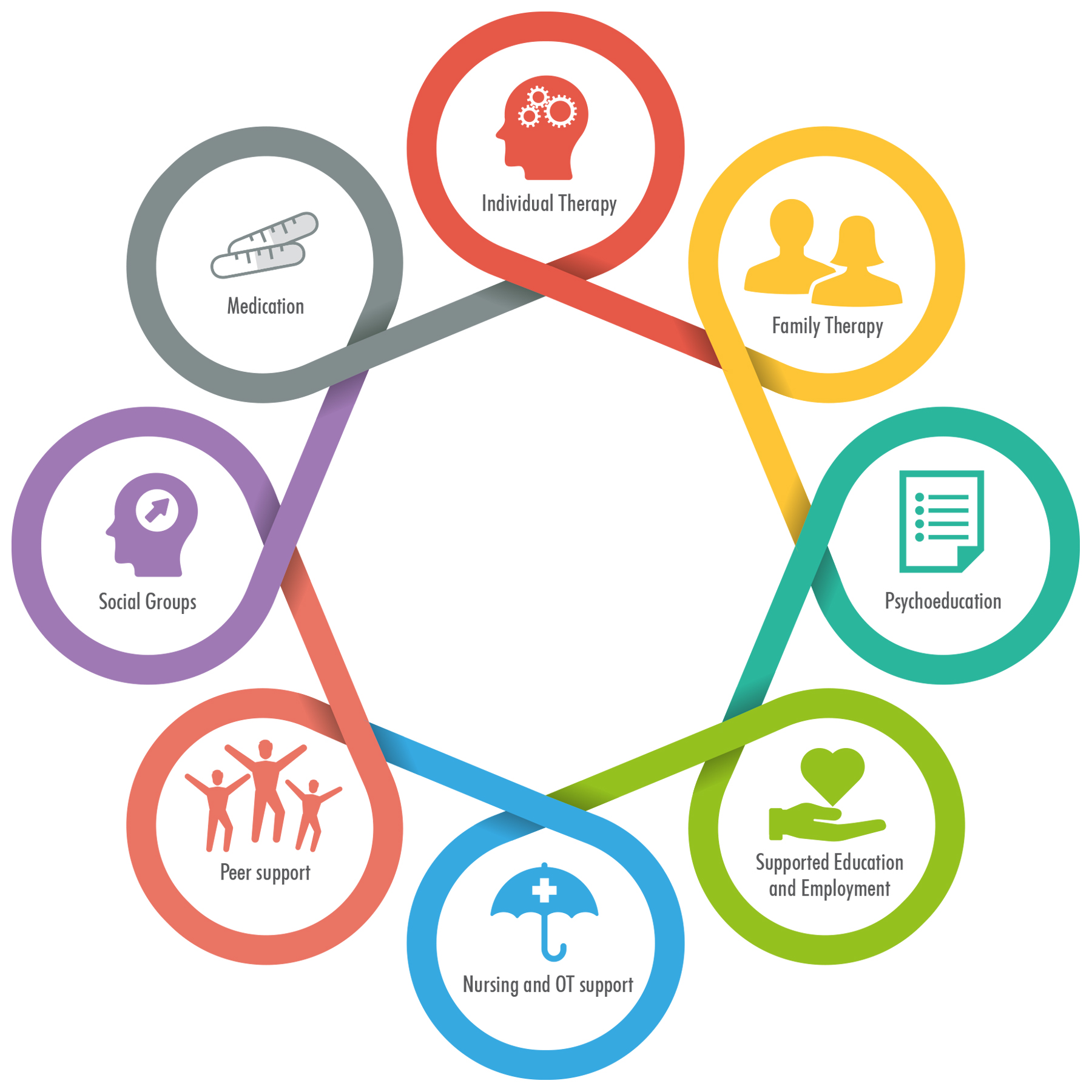Horizon House provides a welcoming environment where all can flourish.

PEACE: Psychosis Education, Assessment, Care and Empowerment

WHAT IS Psychosis?
Psychosis is a symptom, and not a diagnosis. Psychosis refers to a set of experiences that relate to finding reality confusing or unclear. For some people, psychosis is subtle, and they are simply unsure if certain events or experiences are real. For other people, psychosis can be more extreme, and they may hear voices, have visions, or believe things to be real that other people do not. Some people are aware that their experiences are not real, even though they feel real. Some people don’t know that the experiences are not real. In both cases the person can have psychosis.
Psychosis can be related to lots of different conditions or diagnoses. For some people, psychosis is something that happens once and not again, and for others, once psychosis starts, it doesn’t fully go away. Psychosis occurs on a continuum from normal experience (like hearing voices before falling asleep, or wondering if classmates are laughing about them at school), to severe experiences (like believing things that are untrue but cause someone to act on those beliefs in a way they wouldn’t otherwise act). Regardless of why someone has psychosis, or how long they are going to have it, programs like PEACE can help people to get back to lives of their choosing.
Signs and Symptoms
What does psychosis feel like?

How PEACE can help
The PEACE program is designed to help people in the early stages of psychosis learn how to manage their symptoms and meet their life’s goals. PEACE provides multidisciplinary evidence based services to individuals aged 15 and older, with Medicaid or who are Medicaid eligible and who have been experiencing psychosis for the first time within the last 12 months. With the right tools and supports, individuals can learn to feel better, manage personal challenges, connect with peers, and move toward success in all areas of their lives, including work, school and relationships.
Resources
For more information, please visit Psychosis and Early Intervention:



